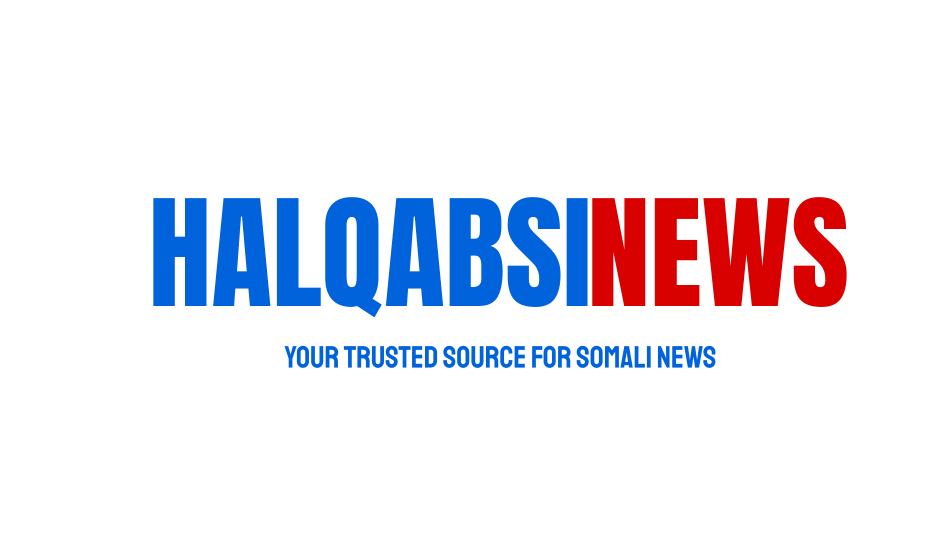(23 Oct 2024) MOGADISHU (Halqabsi News) – As Mogadishu continues its rapid expansion, neighbouring districts are being absorbed into the city’s sprawling landscape. Tawakal Township, located in the Lower Shabelle region, South West State of Somalia, is poised to become a vital extension of Somalia’s capital. Bordered by Garasbaley, Daynile, Balcad, and Afgoye, Tawakal covers approximately 40 square kilometres of flat, fertile land, making it an attractive hub for agriculture, education, and humanitarian efforts.
Tawakal’s picturesque landscape is characterised by diverse soils—black, white, and red—ideal for both farming and habitation. Its agricultural potential is vast, with the township boasting extensive farmland supported by water from four boreholes and a canal connected to the Shabelle River. The community engages in small-scale farming, growing crops and raising livestock, activities which are the backbone of the local economy. The clean air, lush vegetation, and beautiful scenery make it a potential hotspot for future tourism, offering not only agricultural riches but also a haven for nature lovers.
While Tawakal’s infrastructure is still developing, the township is home to two schools, two hospitals, and one university, providing basic services to the community. The area’s educational landscape is slowly expanding, with aspirations for more schools and universities as the district grows into Mogadishu’s orbit. This ambition is supported by the strong cultural and social fabric of Tawakal, which is known for its vibrant traditional life. Local youth and women’s groups are active, contributing to a dynamic social scene where cultural events and gatherings foster unity among ethnically diverse residents.
Tawakal has played a crucial role in providing refuge to internally displaced persons (IDPs) fleeing tribal conflicts and natural disasters. District Commissioner Abdiaziz Osman Ahmed shared that the local administration allocated land to many of these displaced individuals, offering them a new start in life. As a result, Tawakal has grown into a sanctuary for those escaping violence and drought from across Somalia. This humanitarian aspect highlights the township’s inclusivity and resilience, further emphasised by its diverse population, which includes clans such as Hilibi Darandole, Wacdaan, and Jareerwayne, among others.
Although Tawakal’s economy relies heavily on agriculture and livestock, local trade is slowly growing. However, economic opportunities remain limited due to underdeveloped infrastructure. The township’s roads, while functional, are rudimentary, and access to electricity is minimal, hindering further economic expansion. Based on traditional governance, the township’s leadership is determined to tackle these challenges. The council of elders and local representatives work tirelessly to address infrastructure needs, improve public services, and foster a sustainable future for Tawakal.
As Tawakal continues to develop, it has the potential to become a flourishing extension of Mogadishu. Its fertile lands, natural beauty, and strong sense of community provide a foundation for growth, while its role in offering refuge to displaced populations demonstrates its humanitarian significance. The district’s connection to Mogadishu through its network of roads ensures that it will play a pivotal role in the capital’s expansion, evolving from a rural township into a thriving urban extension. Despite the challenges of limited infrastructure, healthcare, and educational services, Tawakal is on a path towards resilience and sustainability. With a growing population, active local governance, and an economy rooted in agriculture, the future of Tawakal looks bright as it transforms into Mogadishu’s new frontier.
















